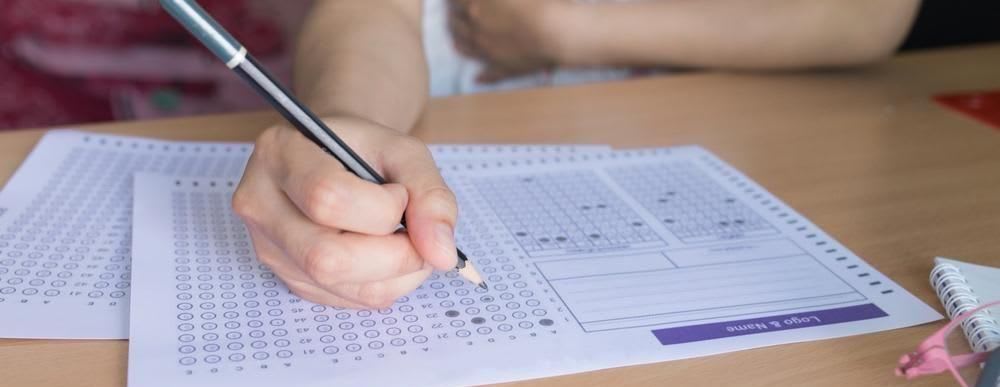What You Need To Know About the Standardized Testing Debate
Standardized testing is often in the news. Why? Its debatable use and fairness. Let’s take a closer look at what you need to know about the standardized testing debate.
- Student Tips

The debate over standardized testing looms large, especially for high school students, their teachers, and their parents and caregivers. Standardized testing often makes headlines because of the debate surrounding them. In California, there’s been talk of some districts attempting to opt out of standardized testing requirements.
The goal of standardized testing? To take an objective measure of student achievement. The question of their objectivity has many student, parents, teachers, and school districts wondering how objective the tests really are. Their concern? Teaching to the test, rather than teaching for the sake of learning.
What do you need to know about standardized testing? Let’s take a closer look:
1. Standardized testing often happens in high school
From the SAT to the ACT, the AP tests, and the SAT subject tests, standardized testing happens frequently for students ta the high school level.
Typically, high school freshmen do not have to take many national-level tests. They start in sophomore year. In October, most high schools offer the PSAT—the practice version of the SAT.
In May, sophomores may also take AP exams, if they’re in any AP courses. AP exams are offered every May—so these may be something students take every starting in this one.
Most students don’t take both the ACT and SAT, but some do to have more flexibility and leverage when it’s time to apply to school.
These tests happen every junior year—and registration is late summer or early fall. SAT subject tests also happen junior year from October through August.
High school seniors have a last chance for standardized testing if they want to take the tests. December of senior year marks the end of the SAT and ACT testing windows, but there are earlier options, too.
2. It has consequences on the college admissions process
These tests play a role in the college admissions process, too. While there’s no “better” option between the ACT and the SAT that is for college admissions, the results make a big impact on a student’s ability to get into college.
While admissions committees consider grades and the rigor of a student’s curriculum, standardized tests need to have a high enough score to for a student to make it at least to the “maybe” pile.
Experts say not to take the entrance exams more than three times. Students who cannot improve their scores after three attempts may want to consider other options for schools that do not require standardized testing—or consider an appeal to an admissions committee.
3. Some universities are dropping the tests
As more high school students are faced with a barrage of standardized tests and spend more time preparing for them and less time on their studies, many colleges and universities no longer require them.
Currently, over 850 US institutions do not require either the ACT or the SAT for admissions.
The benefit? Happy high school juniors and seniors who can focus on their studies—and not test preparation.
4. According to supporters, it is the best way to evaluate students
Proponents of standardized testing see a major problem with abandoning the exams.
They say that despite complaints, standardized testing is the best way to achieve objectivity and accountability. They also argue that standardized testing’s structure offers an institutional framework for high schools to guide their classroom time.
5. Critics say that the testing is not adapted to our world
Opponents argue that standardized testing is inflexible, a waste of time and cannot really measure progress. They argue that some students excel in classroom situations, but don’t do well on the exams—not because they don’t know the material, but because they’re unfamiliar with the format.
Opponents say that the test is unfair—students from poorer areas with fewer opportunities do not have the benefits of attending classes in test prep as do some students from wealthier areas who can pay someone to help them prepare.
They say that standardized testing evaluates a one-time performance and does not look at a student’s learning and proficiency over time, and does not give an accurate depiction of how a student thinks.
Find a program in these categories
Read related articles

Four Reasons to Study Off The Beaten Path in The US

Six Reasons Why You May Want To Get Your Degree Abroad
